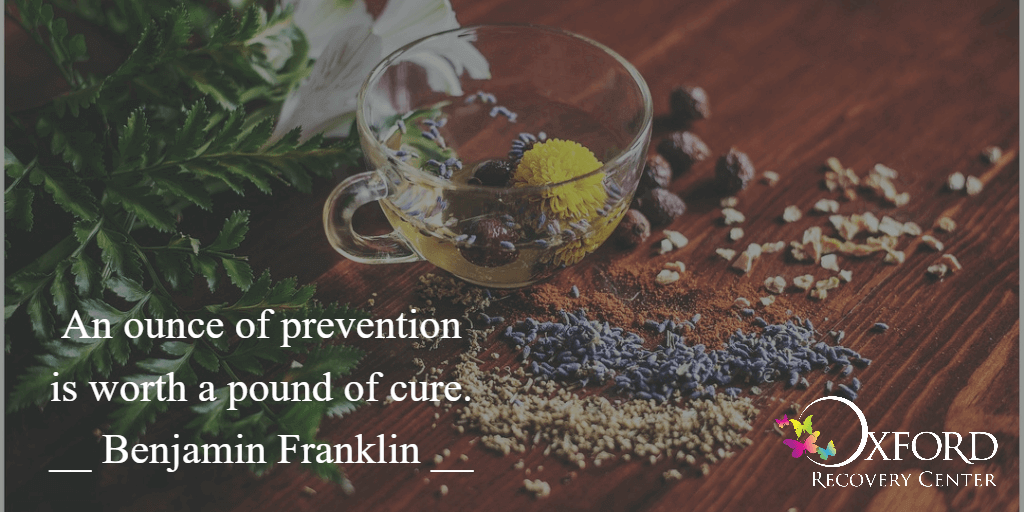How to Stay Healthy During Cold and Flu Season
In the span of ten days between the end of January and beginning of February, temperatures in southeast Michigan swung from -30°F to 55°F, then back to 0°F. Scratchy throats, stomach bugs, and runny noses soon set in for area residents. Natural health remedies can help.
Many people notice that they get sick in the wake of dramatic temperatures changes. This intuitive knowing is confirmed by scientific studies that demonstrate that flu epidemics almost always follow a drop in air humidity. Cold weather also means more indoor activities, with people cooped up inside and germs more likely to spread.
An optimally functioning immune system (a collection of structures and processes within the body) is the body’s best defense against colds and flu. Healthy lifestyle choices are essential for maintaining well-being in a world where environmental toxins and emotional stressors conspire to weaken immunity.
Lifestyle Choices for Boosting Immunity Naturally
Avoid Toxins
Toxic chemicals and electromagnetic radiation impair immune function. It is impossible to avoid all toxins, so it is important to limit exposure wherever possible.
Three easy tips for reducing toxic load:
- Choose organically grown produce and pasture-raised meat for your family.
- Use natural cleaning products, such as baking soda and vinegar, in place of toxic cleaners.
- Turn off all devices and routers at night.
Choose Nutrient-Dense Foods
Refined, processed, and sugary foods lower immunity. A paleo diet with plenty of vegetables, plus some high-quality proteins and fats, will support tissue repair and create healthy immune cells.
Three easy tips for adding immune-building foods to your diet:
- Add onions and mushrooms to your breakfast scramble.
- Make a big pot of bone-broth based soup with lots of herbs, garlic, and ginger, and eat it often.
- Consume naturally fermented foods such as sauerkraut, kimchi, and plain yogurt.
Stretch and Move
Regular exercise increases immune function. Moderate exercise increases white blood cells and makes them more active and effective. However, excessive exercise, such as running a marathon, temporarily hinders immune function. Aim for 20 – 30 minutes of exercise most days. If you are already sick, it’s best to wait to exercise until you feel well.
Three easy tips for moving to boost immune function:
- Walk outside for 20 minutes.
- Do two 10-minute sessions of exercises that stimulate the lymphatic system, such as squats, marching in place, or jumping on a trampoline.
- Practice yoga or qi gong — or simply stretch your body as feels good to you.
Reduce Stress
Depression, anxiety, and emotional stress stimulate the secretion of adrenal hormones, which suppress the activity of the thymus gland and white blood cells. Even the best food choices and exercise habits cannot overcome the effects of constant stress on your body.
Three easy tips for stress reduction:
- Slow down and notice your breath. Just three long, conscious breaths will noticeably reduce stress in your body. (Try it now.)
- Get a massage. Take a class. Have dinner with a friend. Or do whatever brings you joy for at least an hour each week.
- Write in a journal. Writing about stressful incidents and situations improves immune function. And making a list of everything that’s good in your life can shift your spirits.
Sleep More
Deep, consistent sleep is essential for optimal immune function. If you’re not in bed early enough and long enough, your body is unable to detoxify the day’s buildup of mental and physical stresses. During deep, restful sleep, the body releases immune-enhancing compounds and produces disease-fighting white blood cells.
Three easy tips for better sleep:
- Eat your last meal of the day by 6:00 p.m., or at least three hours before bedtime.
- Turn off cell phones, tablets, and routers an hour before bed, and read, meditate, or talk to your loved ones.
- Go to bed at the same time every night.
Support Immune Function with Master Tonic
Master Tonic, sometimes called Fire Cider, is an excellent food-based immune system builder. Anecdotal reports give Master Tonic credit for minimizing symptoms and duration of colds and flu (and for preventing these common ailments when the tonic is taken regularly), for improving a spectrum of digestive health issues, and for boosting energy levels and mood.
A basic recipe follows. Some people like to add their favorite immune-boosting herbs, such as echinacea, to the mix. Some add turmeric with the other roots. While a blender may be used to chop the roots, I recommend hand-chopping as pureeing produces a cloudy, unappealing liquid.
Ingredients
- 1 part chopped garlic cloves
- 1 part chopped white onions, or the hottest onions available
- 1 part grated ginger root (If pregnant, omit ginger)
- 1 part grated horseradish root
- 1 part chopped jalapenos, habaneros, or a combination of the hottest peppers available
Preparation
Fill a glass jar 3/4 of the way full with equal parts of the freshly chopped or grated ingredients. Cover completely with raw apple cider vinegar. Let sit in a cool, dark spot for two weeks. Strain liquids from solids after steeping.
Solids may used in salad dressings or marinades, added to bone broth, or discarded.
Master Tonic lasts indefinitely at room temperature, after straining.
Usage
Master Tonic spicy, potent, and aromatic. An easy way to take a dose (1 – 2 ounces) is to put it in a shot glass and swallow quickly. If you have a sore throat, you may put it in your mouth, swish around, gargle, and swallow. If you’re fighting an infection, take the tonic five to six times per day.
Questions or comments? Suggestions for future posts? Eager to learn how to nourish your body and mind? The Oxford Center’s Nutrition Coach wants to hear from you. Email nicole@theoxfordcenter.com
